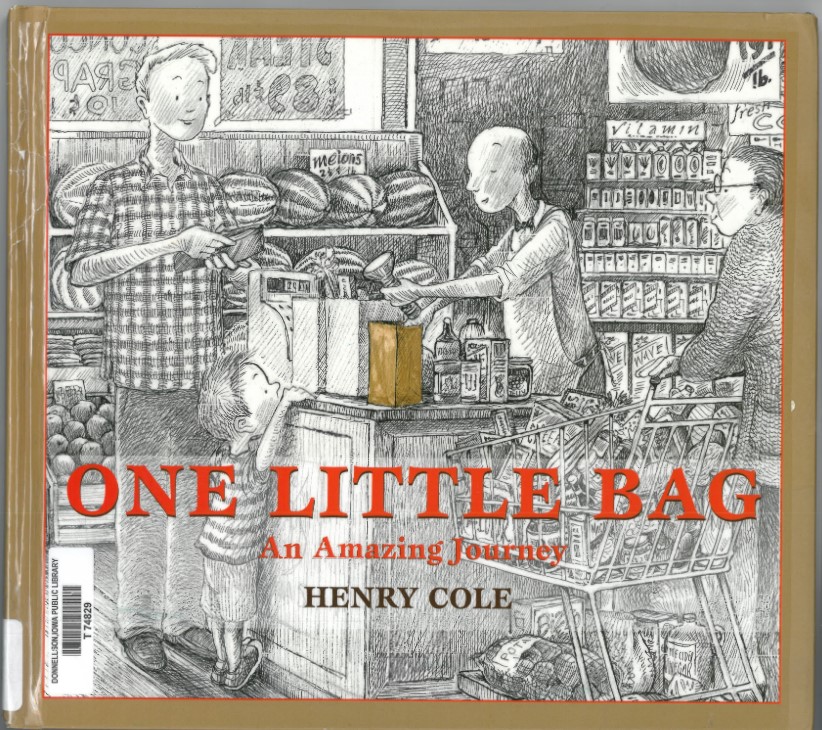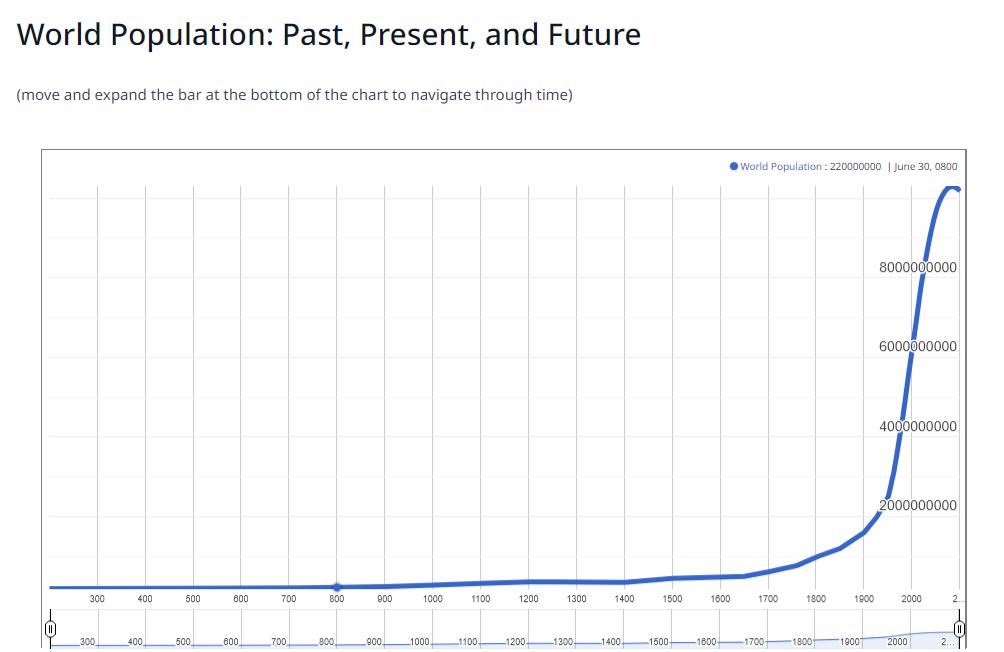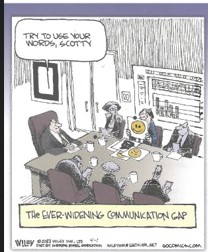Some excerpts from The Atlantic magazine:
“Unlike younger generations, they [boomers] have largely been able to walk a straightforward path toward prosperity, security, and power. They were born in an era of unprecedented economic growth and stability. College was affordable, and they graduated in a thriving job market. They were the first generation to reap the full benefits of a golden age of medical innovations: birth control, robotic surgery, the mapping of the human genome, effective cancer treatments, Ozempic.
… “But recent policy changes are poised to make life significantly harder for Baby Boomers. “If you’re in your 60s or 70s, what the Trump administration has done means more insecurity for your assets in your 401(k), more insecurity about sources of long-term care, and, for the first time, insecurity about your Social Security benefits,
… “even those with more financial assets may depend on Social Security as a safety net. It’s important to understand that many seniors, even upper-income seniors, are just one shock away from falling into poverty,
… ”Middle-income seniors are also likely to feel the impact of a volatile market. “They tend to have modest investments and fixed incomes rather than equities, so that is the type of wealth that will erode over a high-inflation period,”
… “In the near future, older Americans might find themselves paying more for medical care too. Trump’s “big, beautiful bill,” which has passed in the House but awaits a vote in the Senate, would substantially limit Medicare access for many documented immigrants, including seniors who have paid taxes in the United States for years. The bill would also reduce Medicaid enrollment by about 10.3 million people.”
![]() Mariner remembers when most factory jobs provided a full retirement until the Reagan administration deleted the legislation requiring businesses to do so. He remembers full college tuition for veterans. He remembers when unions had equal political clout to corporations. Viewing those special decades, they really were the peak of good times for workers.
Mariner remembers when most factory jobs provided a full retirement until the Reagan administration deleted the legislation requiring businesses to do so. He remembers full college tuition for veterans. He remembers when unions had equal political clout to corporations. Viewing those special decades, they really were the peak of good times for workers.
Mariner already posted about the sucking of cash out of the American economy and being stuffed into jammed pockets of the wealthy class. Systemically, this leaves less cash in the public square. More than ever, pay down credit card debt; balance the family budget; don’t gamble; sit down with the family and pretend there has been a ‘cash crash’ – what items, activities and utility-based costs can be reduced or eliminated? Don’t extend long term debt to get by today.
1970 is no longer around.
Ancient Mariner

 Mariner’s wife, a librarian, has a program where she reads stories to preschool children. She brought home a book which, with astounding clarity, demonstrated human disregard for environmental resources. The book is ‘One Little Bag – An Amazing Journey’ by Henry Cole. All pages are drawings showing a small boy’s affection for his paper bag by always having it at hand for whatever purpose; it is the tale of a little boy who carried his one original lunch bag to school for over 700 lunches even using it to offer a wedding ring to his girlfriend. The pages also show all the industrial steps required to make a paper bag from chopping down the tree to paper manufacture, delivery, etc. One cannot read this simple story without realizing how trashy humans are. What is important is this trashy behavior does not show concern for the more important issue: disappearing resources.
Mariner’s wife, a librarian, has a program where she reads stories to preschool children. She brought home a book which, with astounding clarity, demonstrated human disregard for environmental resources. The book is ‘One Little Bag – An Amazing Journey’ by Henry Cole. All pages are drawings showing a small boy’s affection for his paper bag by always having it at hand for whatever purpose; it is the tale of a little boy who carried his one original lunch bag to school for over 700 lunches even using it to offer a wedding ring to his girlfriend. The pages also show all the industrial steps required to make a paper bag from chopping down the tree to paper manufacture, delivery, etc. One cannot read this simple story without realizing how trashy humans are. What is important is this trashy behavior does not show concern for the more important issue: disappearing resources.
